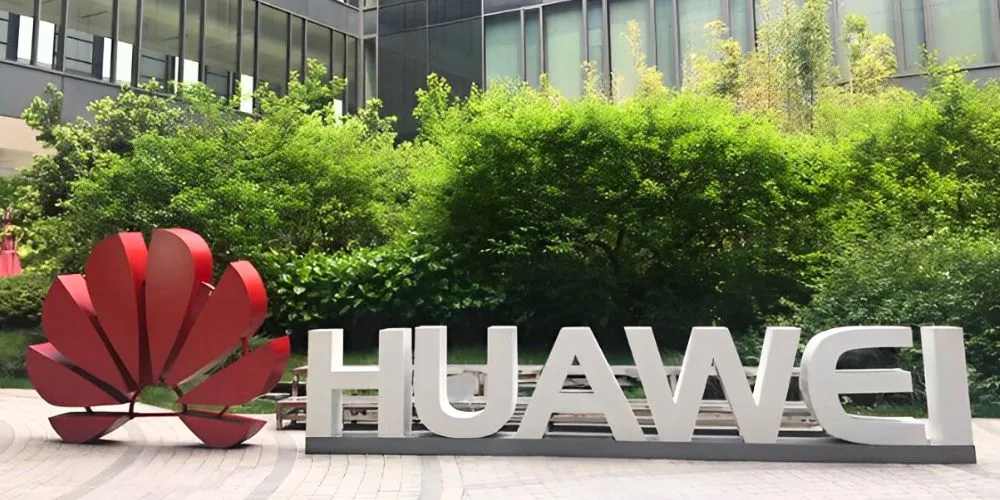Key Points:
- Zhang Ping’an dismisses concerns about AI chip shortages impacting China’s AI leadership ambitions.
- Huawei developed its own AI chip, Ascend, which many Chinese companies use despite being inferior to Nvidia’s chips.
- Zhang emphasizes innovation and cloud-based solutions to compensate for the lack of advanced AI chips.
- Despite trade restrictions, Huawei continues to advance its technology and maintain competitiveness in the AI sector.
A senior executive at Chinese technology giant Huawei, Zhang Ping’an, CEO of Huawei Cloud, dismissed concerns that a shortage of advanced artificial intelligence (AI) chips would hinder China’s ambitions to become a leader in AI. Speaking at the World AI Conference in Shanghai, Zhang emphasized the need for innovation to address these challenges amid tightening U.S. restrictions on advanced AI chip shipments to China, including a ban on sales by companies like Nvidia.
“Nobody will deny that we are facing limited computing power in China,” Zhang acknowledged. “But we cannot rely solely on having AI chips with the advanced manufacturing process nodes as the ultimate foundation for AI infrastructure. If we believe that not having the most advanced AI chips means we will be unable to lead in AI, then we need to abandon this viewpoint.”
Huawei, which has been placed on the U.S. Entity List, which bars it from purchasing advanced chips from U.S. companies, has developed its own AI chip, Ascend. This chip is now widely used by many companies in China to train AI models. However, the Ascend AI chip and many others from Chinese companies are significantly inferior in computing power compared to Nvidia’s offerings.
Zhang called for innovative approaches that focus more on the cloud, suggesting that such strategies can help compensate for the lack of advanced AI chips through innovation in computing architecture. He highlighted that cloud-based solutions could mitigate some of the limitations posed by the current chip shortage.
“A converged approach is needed to combine cloud, edge, and networks in ways that can reduce energy consumption and improve overall efficiency,” Zhang stated. He touted Huawei Cloud as the leader in providing such innovative solutions.
Huawei’s stance comes as the global competition in AI technology intensifies, with countries and companies racing to develop more powerful and efficient AI systems. Despite the restrictions, Huawei continues to push forward with its technology development, focusing on creating integrated solutions that leverage cloud computing and other innovative approaches to maintain competitiveness in the AI sector.
The World AI Conference, a three-day event that began on Thursday in Shanghai, served as a platform for industry leaders and experts to discuss the future of AI technology and its applications. Zhang’s remarks underscore the resilience and adaptability of Chinese tech companies in the face of international trade restrictions and highlight the importance of innovation in overcoming technological barriers.




